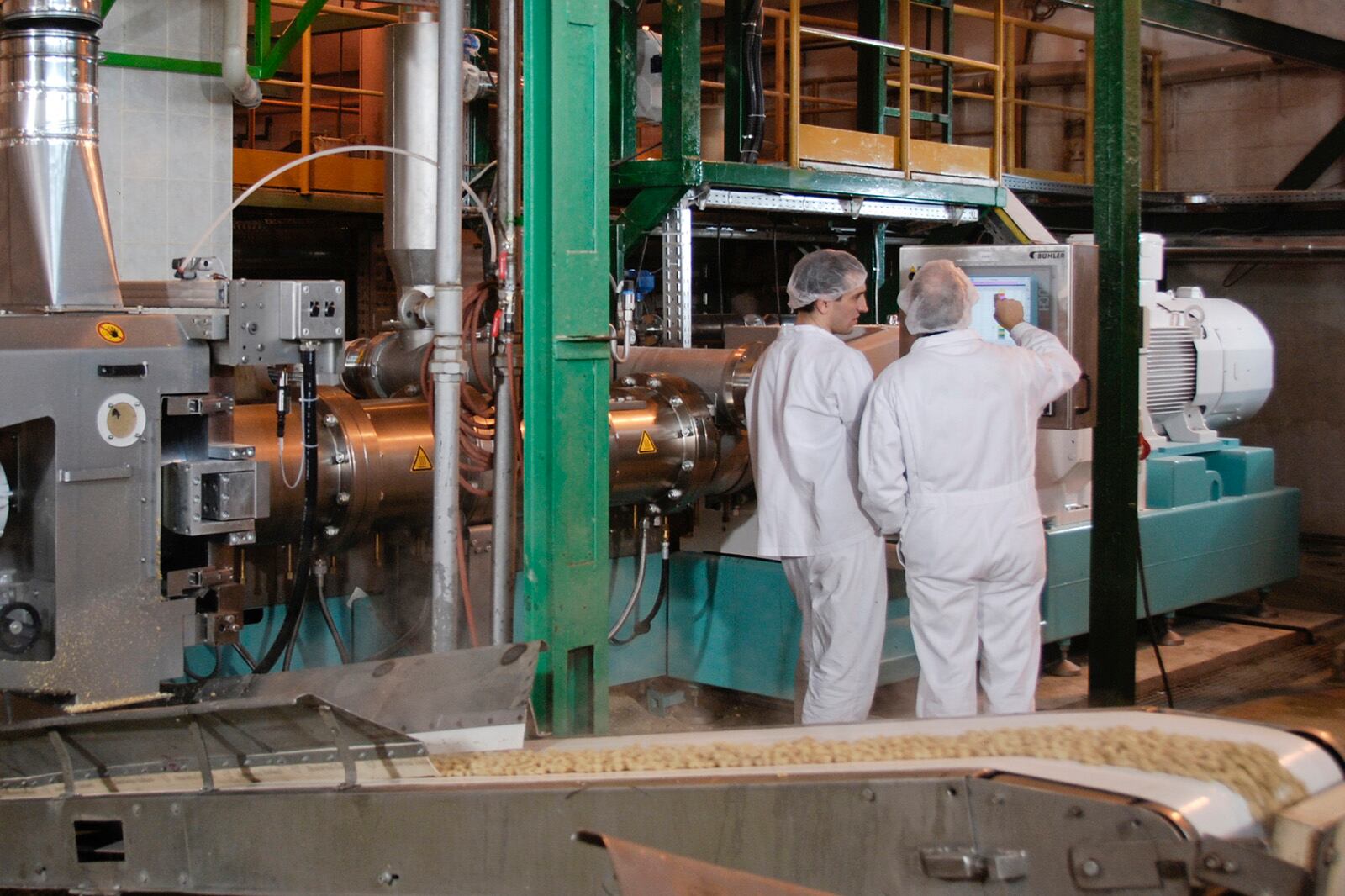The Serbian soy protein specialist plans to recommence enzyme-active flour production by the end of 2015 after being forced to halt production due to insufficient processing capacities.
Goran Obradovic, sales manager for food at SojaProtein, said the full fat enzyme-active soy flour was extremely interesting for bakers.
“It’s more interesting than the full fat toasted flour and the reason is simple – because full fat enzyme active flour requires further heat treatment which you have a lot of in bakery,” he told BakeryandSnacks.com at last month’s Anuga FoodTec in Cologne.
The enzyme-active soy flour, he said, was a very basic de-hulled and milled soybean ingredient that had not undergone any previous heat treatment.
“Full fat toasted flour has already been heat treated, so if you toast it even more it actually gets over toasted.”
Good for business
When in production, he said the enzyme-active flour represented 10-15% of business and was a major ingredient for Holland and other parts of Western Europe.
“We used to sell at least 4-5,000 tons of it which, compared to total sales ranging between 50-60,000 tons of different kinds of soy proteins, doesn’t really seem that much but 10% is still interesting and big enough for us to want to continue that,” he said.
“…We’re trying to amend our equipment, buy some new parts and restart the production.”
Gluten-free push
Obradovic said another area of interest for bakers was gluten-free – something SojaProtein was not certified in but had invested heavily in to ensure low levels.

“As far as gluten is concerned, there’s none in soy at all but the thing is that our soy comes from an area in Serbia where besides soybean a lot of wheat is being grown, so there’s always a possibility of cross-contamination,” he said.
However, the firm had introduced an extra sieving step ahead of soybean processing in its factory, he said, which enabled a guaranteed gluten level of less than 10 parts-per-million (ppm) – lower than the European standard 20ppm for certified gluten-free products.
Asked if SojaProtein would aim for gluten-free certification on its soy, he said: “The only way we’d be able to do it would be to arrange with everyone else around us to not produce, which is quite impossible.
“The best we can do is whatever we can do within our own four walls – trying to prevent whatever other beans are getting mixed up with soybeans. After a while, maybe after two or three years when we realize this sieving system is enough for us to really ensure there’s no gluten in our product, maybe we’ll be brave enough to declare ourselves gluten-free in spite of the cross contamination possibility.”
